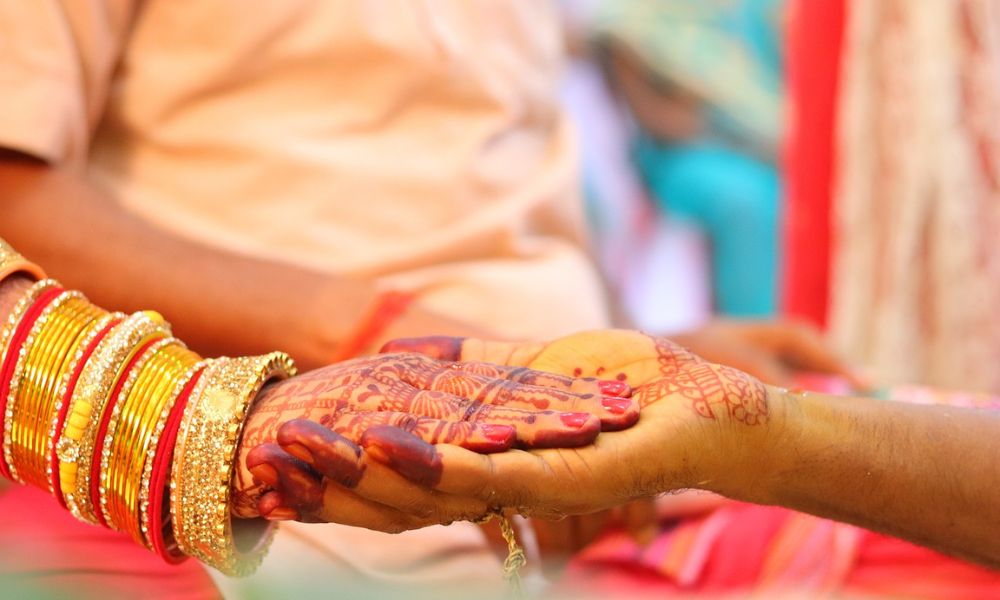
In the kaleidoscope of Indian society, remarriage often remains a taboo subject, shrouded in stigma and societal scrutiny. Despite evolving attitudes towards marriage and relationships, the stigma surrounding remarriage persists, casting a shadow over individuals seeking a second chance at love and companionship. In this exploration, we delve into the underlying factors contributing to the stigma surrounding remarriage in Indian society and advocate for a more inclusive and compassionate approach.
Cultural Norms and Expectations
- Traditional Beliefs: Indian society is deeply rooted in traditional values and beliefs, many of which uphold the sanctity of marriage as a lifelong commitment. Remarriage may be perceived as a deviation from these ideals, challenging deeply ingrained notions of fidelity and continuity.
- Gender Roles: Gender dynamics play a significant role in perpetuating the stigma surrounding remarriage, particularly for women. Widows, divorcees, and single mothers often face heightened scrutiny and judgment, as societal expectations dictate that women should adhere to conventional roles as wives and mothers.
Social Pressures and Judgment
- Family and Community Pressure: Remarriage can evoke strong reactions from family members and the broader community, who may view it as a reflection of personal failure or moral inadequacy. The fear of social ostracism and gossip can deter individuals from pursuing remarriage, despite their desire for companionship and happiness.
- Misconceptions and Stereotypes: Deep-seated stereotypes surrounding remarriage contribute to its stigmatization, perpetuating myths about the suitability and desirability of remarried individuals. These misconceptions often overlook the complexity of individual circumstances and the capacity for love and fulfillment in subsequent marriages.
Legal and Financial Implications
- Legal Complexities: India’s legal framework surrounding marriage and divorce can pose significant challenges for individuals seeking remarriage, particularly regarding property rights, inheritance, and custody arrangements. Legal barriers and bureaucratic processes may discourage individuals from embarking on the path to remarriage, exacerbating the stigma associated with it.
- Financial Considerations: Economic factors also play a role in shaping attitudes towards remarriage, especially for women who may face financial insecurity following divorce or widowhood. The prospect of financial dependence or instability can deter individuals from pursuing remarriage, despite the emotional and social benefits it may offer.
Changing Attitudes and Advocacy
- Shifting Paradigms: Despite the prevailing stigma, attitudes towards remarriage are gradually evolving in Indian society. Increased visibility of remarried couples in media and popular culture, coupled with changing social norms, has contributed to a more accepting environment for remarriage.
- Advocacy and Awareness: Advocacy efforts and awareness campaigns play a crucial role in challenging the stigma surrounding remarriage and promoting greater acceptance and understanding. By highlighting the diverse experiences and challenges faced by remarried individuals, advocates seek to foster empathy and compassion within society.
The Blessings Matrimonials
At The Blessings Matrimonials, we recognize the importance of love, companionship, and second chances. Our mission is to create a supportive and inclusive space for individuals seeking remarriage, free from judgment and stigma. With our personalized matchmaking services and commitment to dignity and respect, we empower remarried individuals to embrace their journey toward happiness and fulfillment.
Together, let us challenge outdated norms and celebrate the resilience and courage of those who dare to love again. Remarriage is not a taboo to be feared but a testament to the enduring human spirit and the transformative power of love.
Don’t miss: How to Find the Ideal Punjabi Girl for Marriage?